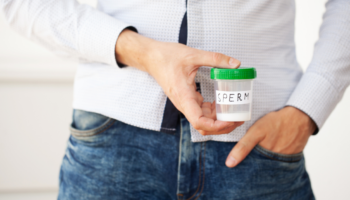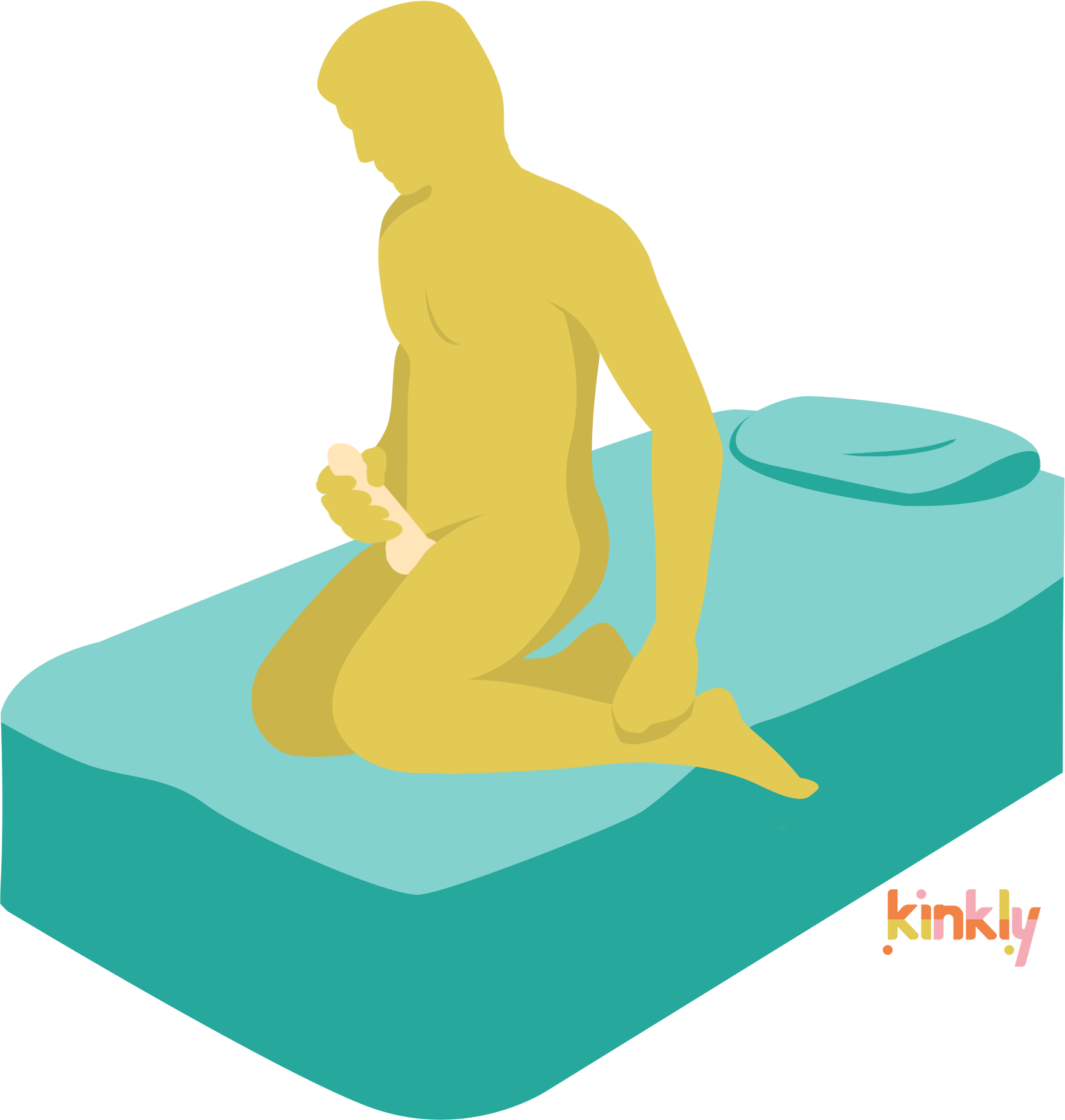Inhibited sexual desire is a sexual disorder characterized by low sexual desire. People with inhibited sexual desire never or rarely want or initiate sexual activity or respond to their partners’ sexual advances.
Inhibited sexual desire is often shortened to the acronym ISD. It also goes by several other names, including hypoactive sexual desire disorder, frigidity, sexual aversion, and sexual apathy.
More About Inhibited Sexual Desire
Inhibited sexual desire can be a primary condition for people who have never experienced “normal” sexual desire. It can also be a secondary condition triggered by a variety of factors such as painful sex, impotence, stress, or feelings of inhibition or guilt surrounding sex. Secondary ISD is common after major changes within a relationship such as pregnancy, infidelity, new professional circumstances, or menopause. Inhibited sexual desire can also be generalized or a situational disorder if someone is disinterested in sex with their partner, but still feels desire for other people.
Inhibited sexual desire is commonly experienced by people who have experienced trauma or received negatives messages about sex while growing up. However, anyone can experience inhibited sexual desire, especially if they are in relationships lacking physical and emotional intimacy. Some health issues and the drugs used to treat them can also reduce libido and trigger inhibited sexual desire.
Inhibited sexual desire is a common sexual disorder, but it can be difficult for couples to navigate on their own. Individual and couples therapy can help couples reconnect and improve their intimacy. Medical intervention may also be required if ISD is triggered by a health problem.


















